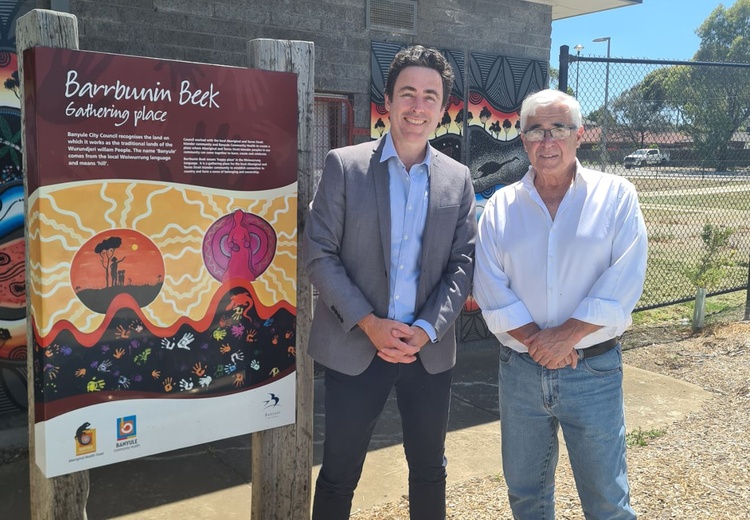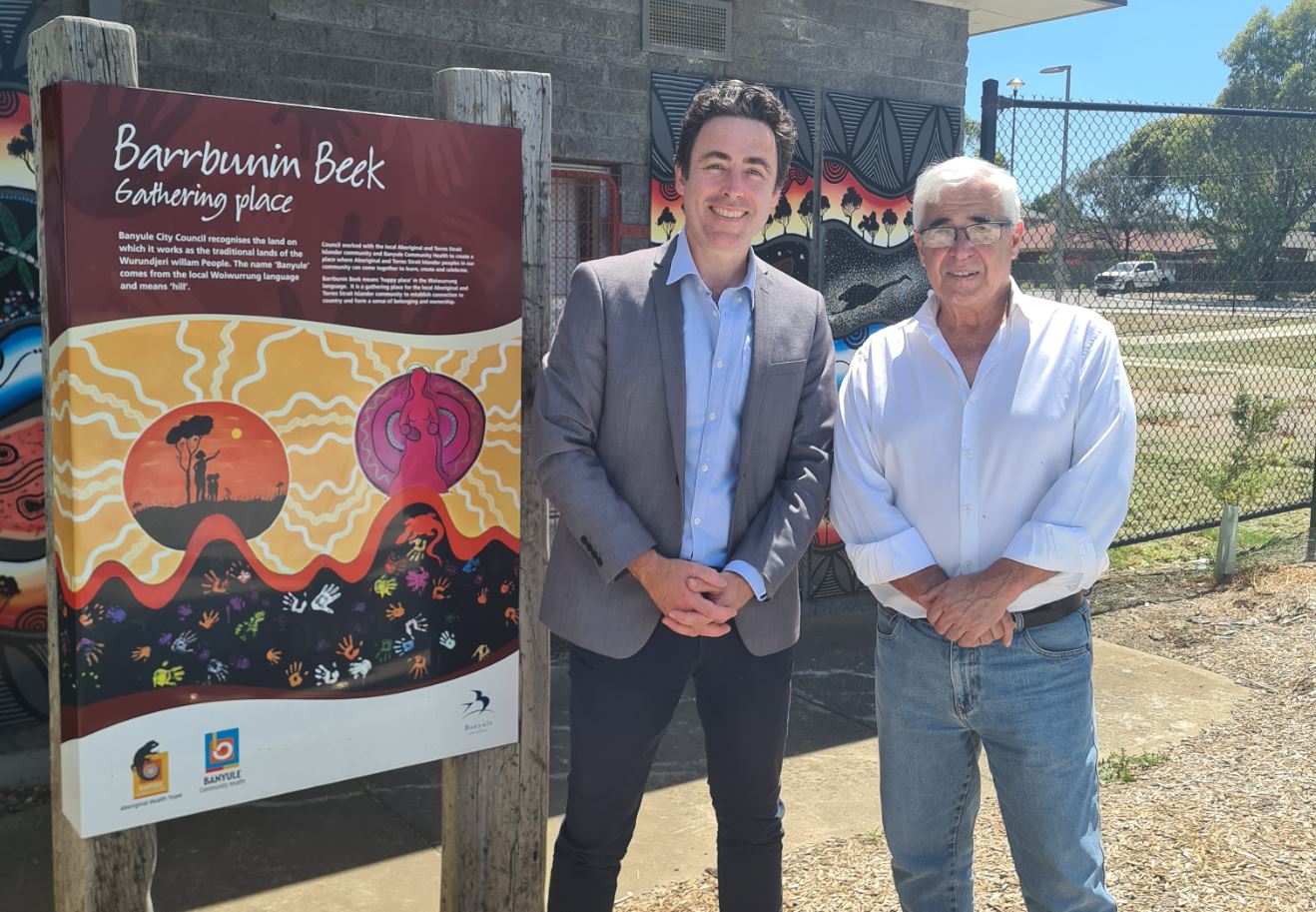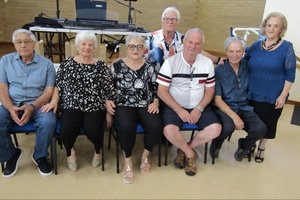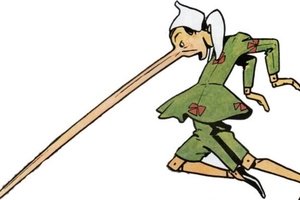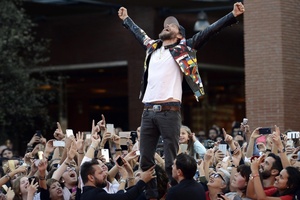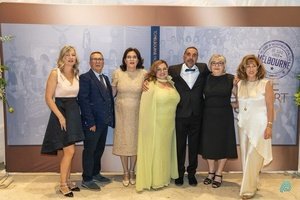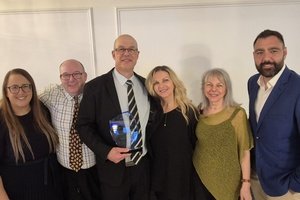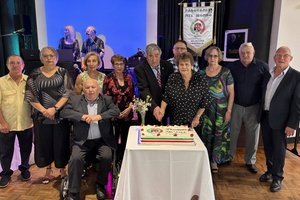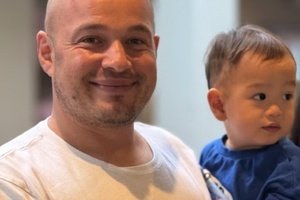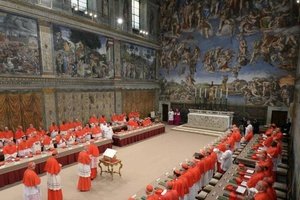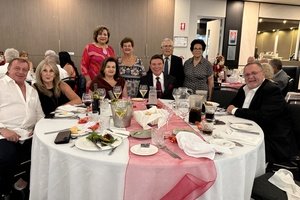For many, it is a sad reminder of profound loss.
The loss of sovereign rights over their land, the loss of family, of the right to practise their culture. Recognising the Australia Day holiday includes only one perspective, and consequently, does not take into account what happened on the same day in 1788, and the defining impact of colonisation. To better understand the different perspectives of Aboriginal and Torres Strait Islander people on Australia Day, it is necessary to better understand our history.
For Aboriginal activist, Michael Mansell:
“The British were armed to the teeth and from the moment they set foot in our country, the slaughter and dispossession of Aboriginal people began.”
January 26 is therefore, for the indigenous community, a day dedicated to the memory of a tormented population; it is rather 'Invasion Day', 'Day of Mourning' or even 'Survival Day'. Since 2006, the day has been remembered as Aboriginal Sovereignty Day, a name that reflects First Nations' sovereignty and unity in the ongoing struggle for their rights.
After years of heated debate, differences of opinion continue to resurface every year, between those who believe that Aboriginal people welcome the day as a moment of protest, and those who, instead, feel the weight of a painful history more intensely.
And while the Albanese administration has recently lifted the restrictions imposed by the Morrison government, which required citizenship ceremonies to be held only on January 26, giving hundreds of thousands of public and private sector employees the option of working on Australia Day or celebrating the holiday, Premier Daniel Andrews has reiterated his support for the public holiday, while acknowledging that it is “always a deeply emotional occasion” for First Nations Peoples.
Meanwhile, three municipalities have discontinued their Australia Day citizenship ceremonies: after Yarra and Darebin, Merri-bek City Council follow.
Banyule City Council, on the other hand, does not hold events on January 26, but continues to host citizenship ceremonies required by the federal government; this year 170 local residents will officially become citizens, in a function that will “reflect the First Nations heritage and multicultural community” and include a welcome message from 'Banyule Citizen of the Year', Aboriginal elder Uncle Charles Pakana.
“Recently, the Federal Government announced changes around January 26 - that the citizenship ceremony needs to be held in the week around January 26, not necessarily on the day. This change allows us to open a discussion with the community, including our First Nations community and Banyule’s Reconciliation Action Plan committee, to help us determine any change to our citizenship ceremony program for 2024,' said Mayor Peter Castaldo, who is of Italian descent.
“I know my father’s family faced some challenges when they came to Australia from Italy and found it difficult when they were not accepted or respected for their differences prior to multiculturalism being more widely accepted.
“If we are to have a day on which we can all come together to celebrate, it is important we listen to our First Nations people, who occupied these lands for at least 60,000 years, and that we respect their knowledge and experiences.”
Melbourne-based producer Gabriele Arata, originally from Florence and now in Australia for eight years, will officially become an Australian citizen on Australia Day today at the Manningham City Council in Doncaster East.
“The majority of the Australian population may not understand the pains of the Aboriginal community, and I understand the debate,” he said.
“But I will celebrate the holiday because it is a day that, in some way, also represents the opportunity I have been given to live in this country. I would be hypocritical if I embarked on discussions that are outside my reality.”
For Domenica 'Mimma' Tamburrino, who behind her, has a lifetime spent in service of the Italian community, and was made an Order of Australia (OAM) medallist in 2020, "Australia Day is a holiday that celebrates a nation that has given so much to so many.”
"I am a proud Italo-Australian and every year I commemorate January 26 with pride," she said.
“The Order of Australia medal has honoured me profoundly, which is why to deny this day would be to erase the pains, tears and sacrifices of my parents and the millions of migrants who have reached this land. It is thanks to this country that millions of people have had a future."

